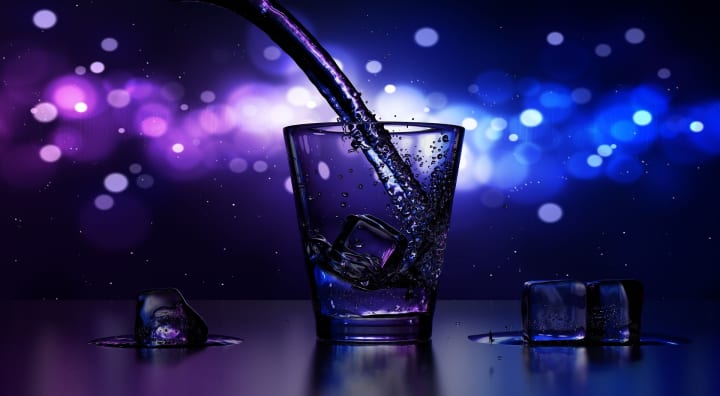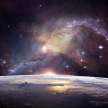
How much caffeine and taurine is in monster and red bull?
The caffeine and taurine content of energy drinks can vary depending on the brand and the specific product. However, here are some typical values for Monster and Red Bull:
Monster Energy: According to the Monster Energy website, a 16 oz can of their Original flavor energy drink contains 160 mg of caffeine and 2000 mg of taurine.
Red Bull: A 12 oz can of Red Bull contains 111 mg of caffeine and 1000 mg of taurine, according to the Red Bull website.
It's worth noting that energy drinks may also contain other stimulants and ingredients, such as guarana, ginseng, and B-vitamins, which can have additional effects on the body. Additionally, consuming high amounts of caffeine and other stimulants can have negative health effects, particularly in individuals who are sensitive to these compounds or consume them in excess.

The role of caffeine in energy drinks and its impact on the body
Caffeine is the most common ingredient found in energy drinks, and it is often used to provide a quick burst of energy and mental alertness. Caffeine is a central nervous system stimulant that works by blocking the effects of adenosine, a chemical that causes drowsiness and fatigue. This leads to increased alertness, improved mood, and increased physical performance.
The amount of caffeine in energy drinks varies widely depending on the brand and type of drink. Some energy drinks may contain as little as 50 milligrams of caffeine, while others can contain more than 200 milligrams per serving. It is important to note that the caffeine content in energy drinks is often much higher than that found in other caffeinated beverages such as coffee, tea, and soda.
While caffeine can provide a quick burst of energy and alertness, excessive consumption of caffeine can have negative effects on the body. These can include anxiety, jitteriness, insomnia, and an increased heart rate. Additionally, because caffeine is a diuretic, it can lead to dehydration and electrolyte imbalances if consumed in large amounts.
The combination of caffeine and other stimulants found in some energy drinks can be particularly concerning. These can include ingredients such as taurine, guarana, and yerba mate, which can amplify the effects of caffeine and lead to increased heart rate, blood pressure, and other negative side effects.
It is important to note that the impact of caffeine on the body can vary depending on a person's individual sensitivity, as well as their age, weight, and overall health. While moderate consumption of caffeine is generally considered safe for most people, excessive consumption can be harmful. As with any dietary supplement or beverage, it is important to read labels carefully and consume energy drinks in moderation.
Impact on sleep comprasion
Both Monster Energy and Red Bull contain caffeine, which is a stimulant that can interfere with sleep if consumed in excess or close to bedtime. Both energy drinks also contain sugar, which can contribute to feelings of wakefulness and make it harder to fall asleep.
However, when it comes to comparing the impact on sleep of Monster Energy versus Red Bull, it's important to consider the amount of caffeine and sugar in each drink, as well as individual tolerance to these substances.
As mentioned earlier, a 16 oz can of Monster Energy contains 160 mg of caffeine, while a 12 oz can of Red Bull contains 111 mg of caffeine. Therefore, Monster Energy contains more caffeine per serving than Red Bull, which could potentially have a greater impact on sleep.
Additionally, Monster Energy contains more sugar than Red Bull. A 16 oz can of Monster Energy contains 54 grams of sugar, while a 12 oz can of Red Bull contains 37 grams of sugar. High sugar consumption has been linked to poor sleep quality and disrupted sleep patterns.
However, it's worth noting that individual responses to caffeine and sugar can vary, and factors such as tolerance, body weight, and timing of consumption can also influence the impact on sleep. In general, it's recommended to limit or avoid consuming energy drinks close to bedtime in order to promote healthy sleep habits.
About the Creator
kicker 25
I am interested in dieting and healthy life for about 4 years. Whether you're looking to lose weight, build muscle, or philosophy some recipies I am here to help you! Give me a topic and i will help!!






Comments
There are no comments for this story
Be the first to respond and start the conversation.